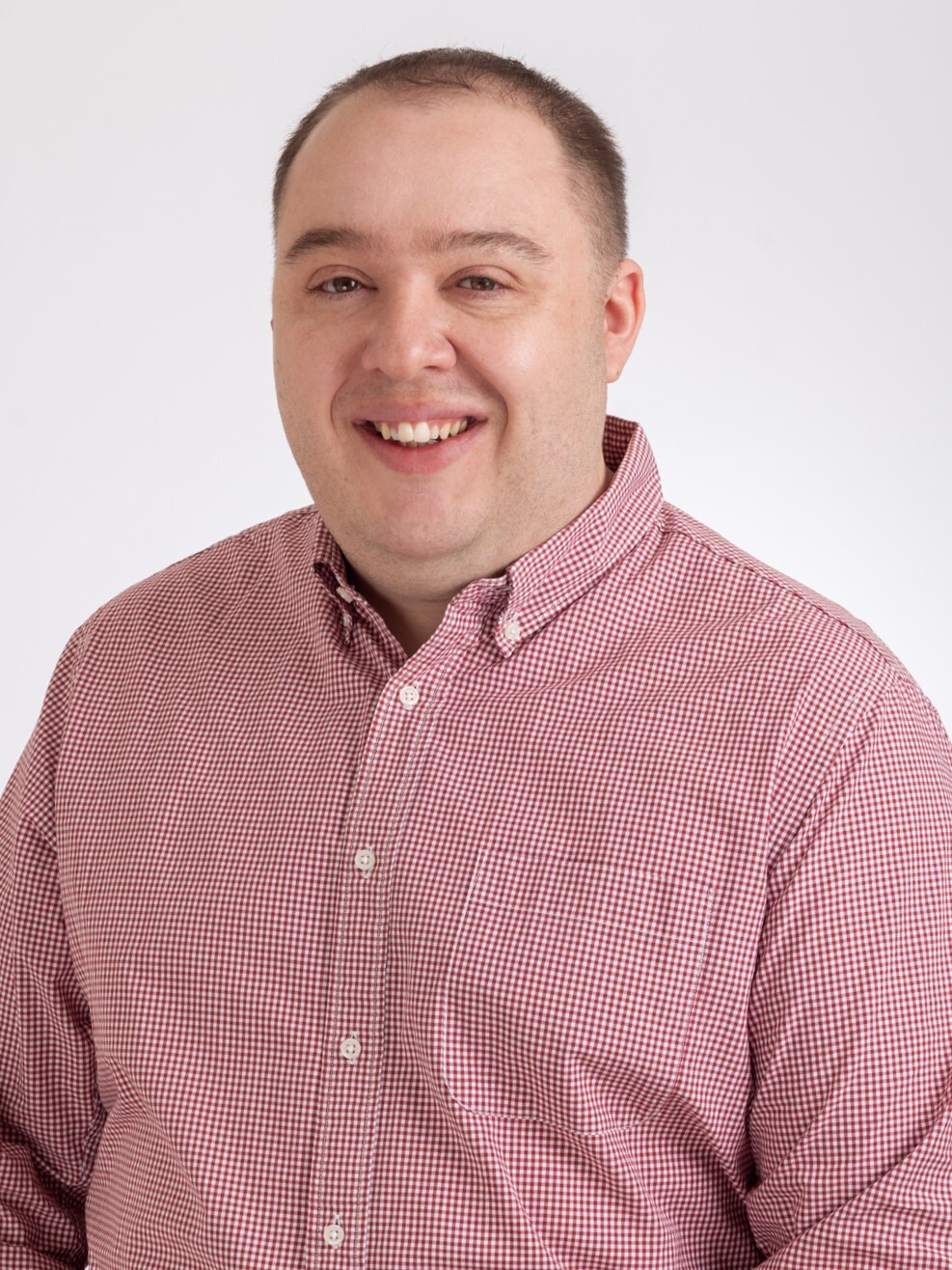Artificial Intelligence has experienced a remarkable surge within the dental healthcare sector, particularly in functions like diagnosis, treatment planning, patient interaction, and administrative duties. Within dentistry, one of the formidable challenges is the field of Full Mouth Rehabilitation.
Full mouth rehabilitation involves a thorough treatment strategy and execution aimed at achieving a healthy, visually appealing, and efficiently functioning masticatory mechanism. Machine learning, one of the AI tools, helps in predicting treatment plans customised for each patient’s needs, especially when multiple units of the masticatory system are involved. Let’s explore the stages of full mouth rehabilitation and how AI can assist in each step.
In-depth assessment using diagnostic tools
The initial step is to assess the patient’s existing condition. This involves conducting intraoral scans, digital X-rays, CBCT scans when necessary, facial scans, both still and dynamic smile digital photographs, and recording mandibular jaw movements. Using artificial intelligence can streamline this process, enabling swift completion of the checklist and centralized storage of patient data.
Reports and Analysis
Artificial Intelligence, with over a decade’s worth of clinical data, enhances report generation quite efficiently. It can detect dental abnormalities, bone pathologies, assess bone quality and quantity, evaluate soft tissue conditions, disocclusions, TMJ abnormalities, and dental aesthetic scores.
AI also helps in detecting skeletal deformities when the scan is taken in occlusion. A thorough dental card is made for each tooth mentioning any previous treatment done, any present problem and further treatment required. Compared to a radiologist where a manual report analysis might take a couple of hours, AI can do it within a few seconds.
For example, Diagnocat AI superimposes intraoral scans and DICOM files, to create a virtual patient model. This model aids in analysing patient conditions and outlining all dental requirements to support the clinician to make a well-informed treatment plan.
AI as a trustworthy companion
Diagnostic screening using AI serves as a valuable second opinion, enhancing the accuracy of diagnoses and treatment plans. This AI-driven approach boosts patient confidence by providing a scientifically-backed assessment, leading to higher patient retention. By leveraging stored scientific data, AI not only supports the clinician’s expertise but also reassures patients about the reliability and precision of their care. This integration of AI in diagnostics ensures a more thorough and trustworthy evaluation, ultimately contributing to improved patient satisfaction and long-term health outcomes.
Collaboration and discussion with specialists
Full mouth rehabilitation requires a multidisciplinary approach, involving open-ended discussions and collaboration among Prosthodontists, Orthodontists, Implantologists, TMJ specialists, Endodontists, and other specialists. AI segregates each pathology or deformity according to the area of expertise to be involved. This data helps bring in specialised doctors together. Thus, facilitating this collaboration, connecting multiple specialists to create more efficient and comprehensive treatment plans for patients.
Educating patients with digital models
Visual aids are often more effective for understanding complex concepts. AI can create a post-treatment dental model that visually demonstrates the series of changes needed to achieve the desired results. Additionally, AI can generate multiple treatment modalities, outlining various treatment tools, along with the time and financial requirements for each option.
Execution with precision
Artificial intelligence guides the entire treatment process, ensuring predictable outcomes. This encompasses the use of surgical guides for precise implant placement, guides for tooth preparation, and CAD/CAM technology for creating temporary restorations. AI also assists dental estheticians in considering facial guidelines and shade matching to achieve optimal esthetics. As the data storage is centralised, laboratory technicians can directly refer to the data for any prosthetic requirements. Finally, AI helps produce final milled prosthetics that are anatomically accurate and in harmony with mandibular movements, resulting in a comprehensive and precise treatment plan.
AI in to everyday practice
With lifestyle changes, increased stress, and neglect of timely oral healthcare, the need for full mouth rehabilitation is rising. As healthcare providers, it is our responsibility to offer the best available and most advanced treatments to our patients. AI helps in a very quick and methodical oral health screening reducing treatment time and risk factors, enhancing precision, and enabling comprehensive follow-ups. It provides valuable insights into treatment longevity and success, promoting proactive and informed patient care while optimizing both immediate and long-term outcomes.
Future perspective
Full mouth rehabilitations conducted with AI guidance can be systematically collected and analysed over time. By compiling data on these treatments, dental professionals can track long-term outcomes, identify trends, and make data-driven decisions to enhance patient care. This data collection allows for continuous monitoring of the rehabilitations, ensuring that any issues can be promptly addressed.



